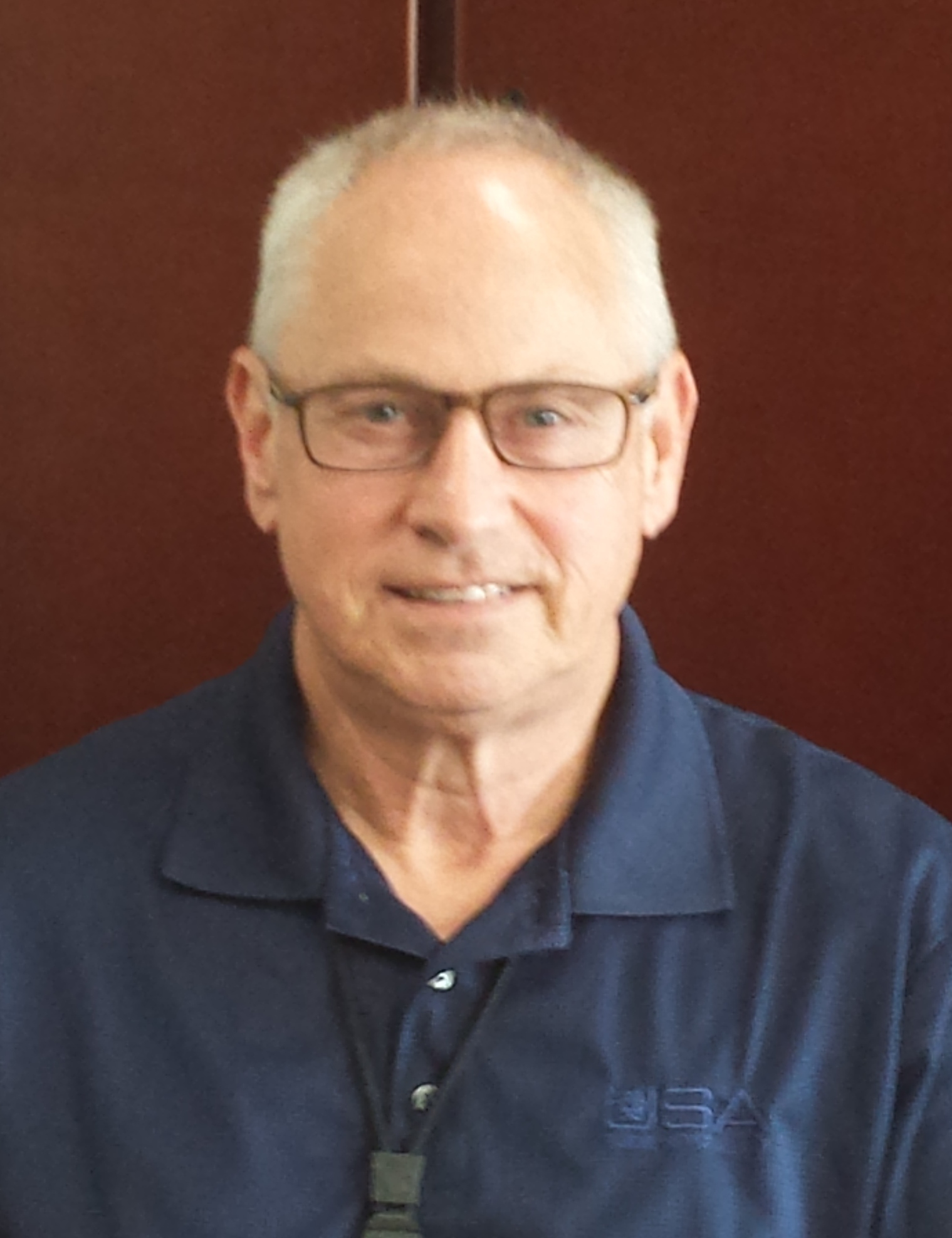You have extensive nuclear industry experience including several years at INPO. How has your experience prepared you for your role as PSEG Nuclear’s Management Council Rep?
With a Penn State Nuclear Engineering, Nuclear Navy, INPO, Peach Bottom Maintenance, and Zion System Engineering background, I acquired a combination of training, mentoring, knowledge, and experience that helps me anticipate the who/what/when and why of evolving industry issues. As PSEG’s USA Management Council Rep, I use this skill to help USA get out in front of issues so fleet members have the opportunity to collaborate on response, thereby avoiding the large amount of resources and effort it takes to dig out of reactive situations.
My experience is that partnering with others on tasks is significantly better than going at it alone, so I look for ways to work with other fleet members whenever practical.
You often take a leadership role on different initiatives for the USA fleet. How has USA changed since you first became involved?
The most significant change in USA is increased accountability made possible through strong alignment among the USA Board of Directors. It starts at the top – the member Chief Nuclear Officers who make up the Board are determined to achieve consensus on actions and then execute with unwavering commitment. The collective will of this group cascades to the USA teams.
Do you think the industry looks at USA differently today?
I see signs that INPO views USA with more respect but is still skeptical. INPO respects good operational performance that is sustained despite industry, site leadership and economic changes, just to name a few. Because USA was an alliance of independent operators, fleet behaviors were slow to evolve including knowing where your performance was relative to the industry. The ability to identify gaps in your performance serves as a driver to take action and as the fleets accelerated in continuous learning, independent operators fell behind.
Higher levels of accountability are fostering better fleet behaviors and INPO sees the difference. The challenge is to keep improving and sustain what we have started.
What do you see as some of the benefits of USA membership (for utilities and even those involved on different teams)?
The benefits of USA membership from my perspective are as follows:
1. Shared resources – we can build high-powered and talented teams as demonstrated in SOER 10-2 review visits, nuclear safety culture self-assessments, midcycle assessments, Fukushima response and outage shutdown safety readiness
2. Networking contacts – diverse thinking on courses of action and problem solving
3. Peer accountability – when collaborating on a project or initiative everyone benefits from USA oversight of progress and expectations for effective implementation
4. Industry influence – collectively we have more leverage in shaping industry policy than if we went on our own
5. Cost savings – USA contracts take advantage of large group leverage – an example is Fukushima spent fuel pool level instrumentation.

Jay Wagner, USA Management Council Rep, PSEG Nuclear


